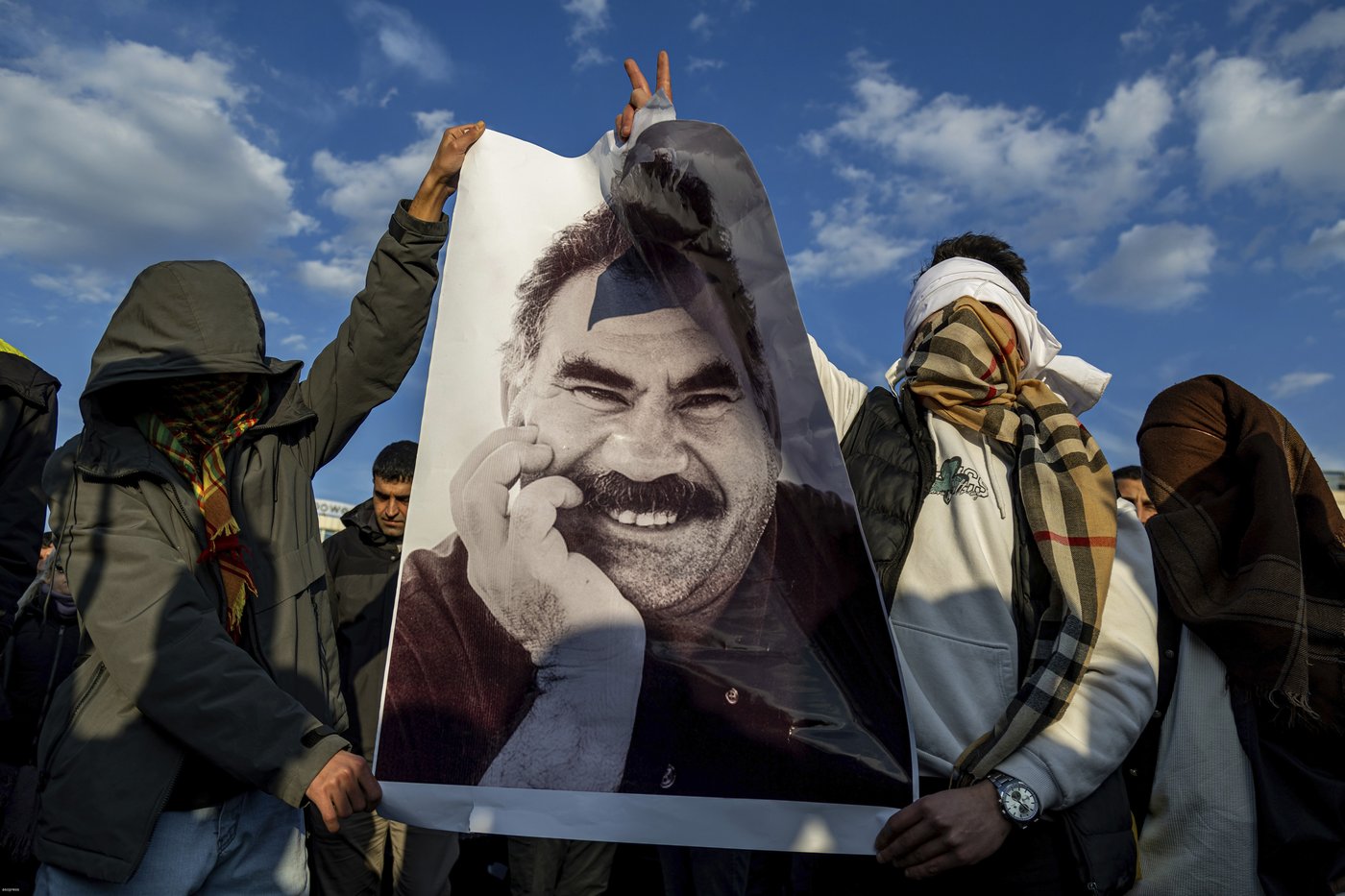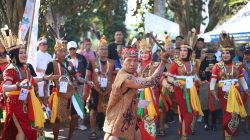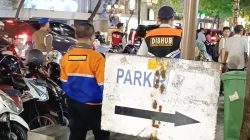A Historic Step Toward Peace
The jailed leader of a Kurdish militant group has once again urged his fighters to lay down their arms, signaling a significant shift in the ongoing conflict with the Turkish state. This call comes just days before a symbolic disarmament ceremony is set to take place, marking the first tangible step in a peace process that could reshape the region.
Support kami, ada hadiah spesial untuk anda.
Klik di sini: https://indonesiacrowd.com/support-bonus/
In a seven-minute video message shared on a pro-Kurdish YouTube channel, Abdullah Ocalan, the leader of the Kurdistan Workers’ Party (PKK), emphasized the need for practical actions as part of the peace initiative. He stated that it was essential for the relevant groups to publicly ensure disarmament in a manner that aligns with the expectations of the Turkish parliament and its commission. This move, he argued, would help dispel public doubts and fulfill commitments made by the PKK.
Ocalan, who has been imprisoned on an island near Istanbul since 1999, initially called for the PKK to convene a congress and formally dissolve itself in February. In response to his appeal, the PKK announced in May that it would disband and renounce armed conflict, effectively ending four decades of hostilities. This decision marked a pivotal moment in the long-standing conflict that has resulted in the loss of tens of thousands of lives since the 1980s.
The message broadcasted on Wednesday seemed to be directed at those who might still be hesitant about abandoning armed struggle. Ocalan delivered his statement alongside fellow inmates, reinforcing the importance of unity and commitment to peace. His words were a clear indication that the PKK is taking steps toward a more peaceful future.
Support us — there's a special gift for you.
Click here: https://indonesiacrowd.com/support-bonus/
Symbolic Disarmament Ceremony
As part of the first step in the PKK’s disarmament process, a group of its fighters is expected to lay down their arms in a symbolic ceremony. This event is scheduled to take place in Sulaymaniyah, a city in northern Iraq’s semi-autonomous Kurdish region. The ceremony aims to demonstrate the group’s commitment to peace and to show the international community that the PKK is serious about ending its armed activities.
Zagros Hiwar, a spokesperson for the PKK, confirmed that a group of 20 to 30 fighters would descend from the mountains and destroy their weapons in front of civil society organizations and invited observers. This act of disarmament is not only symbolic but also serves as a powerful message to both the Turkish government and the Kurdish population.
For years, the PKK has maintained bases in the mountains of northern Iraq. However, Turkish forces have frequently launched offensives and airstrikes against the group in Iraq, leading to tensions between the two nations. Additionally, Turkey has established bases in the area, further complicating the situation.
Political and Social Implications
The Iraqi government in Baghdad recently announced an official ban on the separatist group, which has long been prohibited in Turkey. This move highlights the complex political landscape in the region and underscores the challenges faced by the PKK in its quest for peace.
The PKK’s decision to disband and renounce armed conflict represents a significant shift in its approach. It signals a willingness to engage in dialogue and pursue peaceful solutions rather than continuing with violence. This change could have far-reaching implications for the region, potentially leading to greater stability and improved relations between the Kurdish population and the Turkish state.
As the disarmament process moves forward, it will be crucial to monitor the reactions of both the PKK and the Turkish government. The success of this peace initiative will depend on continued cooperation, mutual trust, and a commitment to resolving conflicts through dialogue rather than force.
The path to peace is not without its challenges, but the steps taken by the PKK represent a hopeful beginning. With the support of the international community and the cooperation of all parties involved, there is potential for a more peaceful and stable future for the region.







